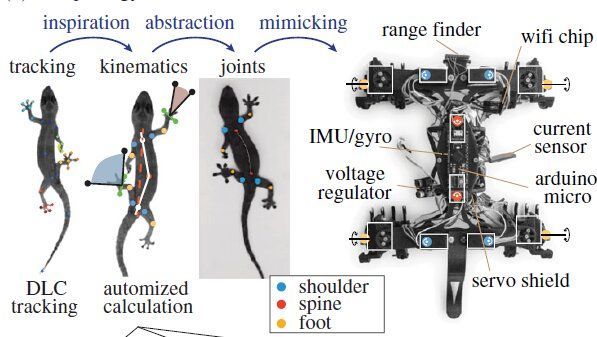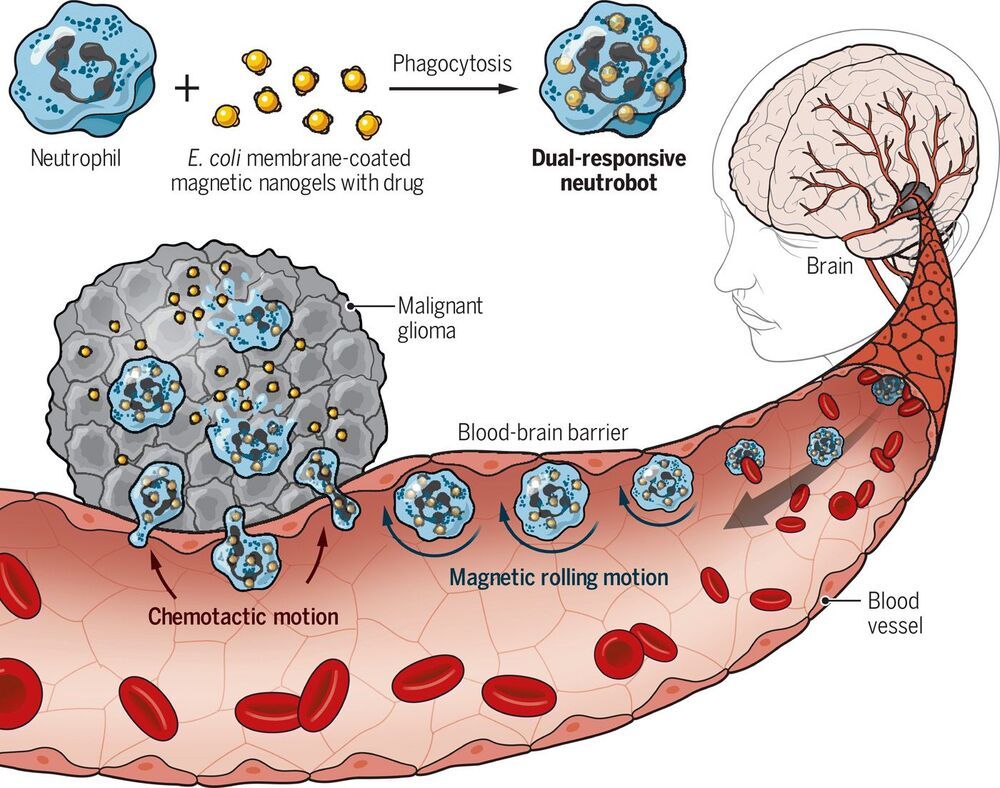Public can try pulling faces to trick the technology, while critics highlight human rights concerns.


Here’s my latest video (audio issues fixed!):
Papers referenced in the video:
Bacteria Boost Mammalian Host NAD Metabolism by Engaging the Deamidated Biosynthesis Pathway:
https://pubmed.ncbi.nlm.nih.gov/32130883/
CD38 Dictates Age-Related NAD Decline and Mitochondrial Dysfunction through an SIRT3-Dependent Mechanism:
https://pubmed.ncbi.nlm.nih.gov/27304511/
Aerobic and resistance exercise training reverses age-dependent decline in NAD + salvage capacity in human skeletal muscle:
Extract from a conversation that María Blasco, Director of the Spanish National Cancer Research Center (CNIO for its acronym in Spanish) had with Mario Alonso Puig during the celebration of the South Summit 2020.
In this segment María Blasco refers to aging, cancer, telomerase, and life extension. The conversation is in English and I added subtitles in Spanish.
I find the message particularly important because Dr. María Blasco refers again (she already did it in a scientific paper) to the fact that, contrary to what she herself would have expected and was a concern within the scientific community, inducing the production of Telomerase in mice, besides from lengthening significantly their healthspan and lifespan, not only it did not cause Cancer but quite the opposite, reduced or even eliminated the occurrence of it.

While a Mars rover can explore where no person has gone before, a smaller robot at the University of the Sunshine Coast in Australia could climb to new heights by mimicking the movements of a lizard.
Simply named X-4, the university’s climbing robot has allowed a team of researchers to test and replicate how a lizard moves in the hope that their findings will inspire next-generation robotics design for disaster relief, remote surveillance and possibly even space exploration.
In a scientific paper published today in Proceedings of the Royal Society B, the team states that lizards have optimized their movement across difficult terrain over many years of evolution.

Access to clean water is a huge issue across the globe. Even in areas with water resources, a lack of infrastructure or reliable energy means purifying that water is sometimes extremely difficult.
That’s why a water vapor condenser designed by University at Buffalo and University of Wisconsin-Madison engineers could be revolutionary. Unlike other radiative vapor condensers which can only operate at night, the new design works in direct sunlight and requires no energy input.
“We have worked on solar-driven water evaporation technologies in the past years,” says Qiaoqiang Gan, Ph.D., professor of electrical engineering at UB and a leading corresponding author. “We are now addressing the second half of the water cycle, condensation.”

Data affecting more than 500 million Facebook users that was originally leaked in 2019, including email addresses and phone numbers, has been posted on an online hackers forum, according to media reports and a cybercrime expert.
“All 533000, 000 Facebook records were just leaked for free,” Alon Gal, chief technology officer at the Hudson Rock cybercrime intelligence firm, said Saturday on Twitter.
He denounced what he called the “absolute negligence” of Facebook.

Neutrophil-based microrobots accomplish the mission of crossing the blood-brain barrier for targeted drug delivery.
See allHide authors and affiliations.
NOTE: We only request your email address so that the person you are recommending the page to knows that you wanted them to see it, and that it is not junk mail. We do not capture any email address.

Robot swarms have, to date, been constructed from artificial materials. Motile biological constructs have been created from muscle cells grown on precisely shaped scaffolds. However, the exploitation of emergent self-organization and functional plasticity into a self-directed living machine has remained a major challenge. We report here a method for generation of in vitro biological robots from frog (Xenopus laevis) cells. These xenobots exhibit coordinated locomotion via cilia present on their surface. These cilia arise through normal tissue patterning and do not require complicated construction methods or genomic editing, making production amenable to high-throughput projects.

Google has announced an update to its Developer Program Policy that will help to prevent applications from viewing which other apps are installed on an Android device. The company states that they consider installed apps to be private user information and therefore, aim to protect Android users by keeping this data secure.
That is to say, Google will limit which apps can request the QUERY_ALL_PACKAGES permission, presently mandatory for application targeting API level 30 (Android 11) and above that wish to query the list of application a user has installed for an Android 11 or later device.
From now on, the QUERY_ALL_PACKAGES permission will only be available when the core functionality of an app in question must query any of the device’s installed applications. Therefore, in order to dispute this new policy, developers will have to provide reasonable evidence for how querying the API of an Android devices installed applications is absolutely necessary in order for that device to properly function.
This Video Explains Cellular Compartmentation And Protein Sorting (Protein Transport in Endoplasmic reticulum)
Thank You For Watching.
Please Like And Subscribe to Our Channel: https://www.youtube.com/EasyPeasyLearning.
Like Our Facebook Page: https://www.facebook.com/learningeasypeasy/
Join Our Facebook Group: https://www.facebook.com/groups/460057834950033
Support Our Channel: https://www.patreon.com/supereasypeasy